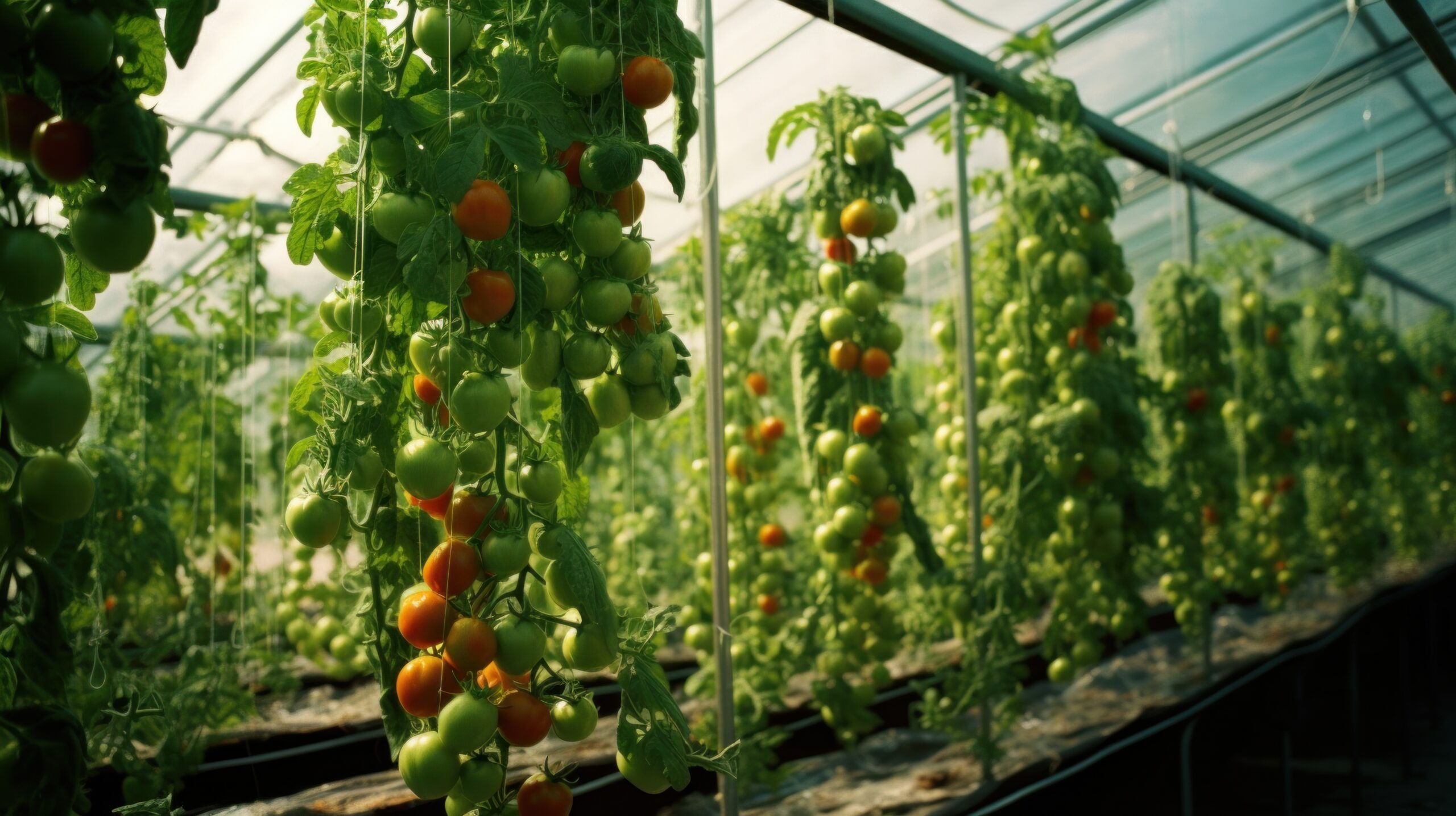RodrigoLuiz Morais-da-SilvaaGermanoGlufke ReisaHermesSanctorumbCarlaForte Maiolino Molentoc
aManagement School, UFPR Federal University of Paraná, Av. Lothário Meissner, 632, Jd Botânico, Paraná, Curitiba, Panará, Brazil
bGAIA Global Action in the Interest of Animals, Galerie Ravenstein 27, 1000 Brussels, Belgium
cAnimal Welfare Laboratory, UFPR Federal University of Paraná, Rua dos Funcionários, 1540 Juvevê, Curitiba, Paraná, Brazil
Highlights
• Cultivated and plant-based meats may bring opportunities and challenges to Brazil.
• Benefits include new jobs, salary increases, better working conditions, entrepreneurial opportunities, easier access to proteins, healthier products and animal protection.
• Challenges include reduced demand from animal meat producers, unemployment, low worker qualifications, high prices for alternative meats and consumer acceptance.
• Higher stakeholder engagement allows for maximizing opportunities and mitigating challenges.
• Policies are essential for the transition process to be inclusive and fair.
Abstract
Cultivated and plant-based meats are emerging as innovative alternatives to improve the food production system. Although some environmental impacts and market acceptance assessments have already been developed, little emphasis has been given to potential social impacts. Based on the Brazilian case, one of the largest meat producers in the world, this study seeks to answer what the social impacts of a transition from conventional to cultivated and plant-based meats may be. Empirical data were collected from in-depth interviews with 35 experts involved in animal production and alternative products. Our results indicated nine opportunities and five challenges that the country may face.

We discussed these findings in relation to the degree of involvement of relevant actors and suggested that high stakeholder engagement may contribute to capitalizing on social opportunities and that low stakeholder engagement will likely not mitigate the challenges. We also highlight the need for policies that better drive a transition process, even if partially, in a fair and inclusive way. Our study advances the field of food systems in transition, being the first one to investigate the social impacts of alternative proteins on a developing country. Many of our findings seem to be generalizable to other countries involved in the production of food from animals.








